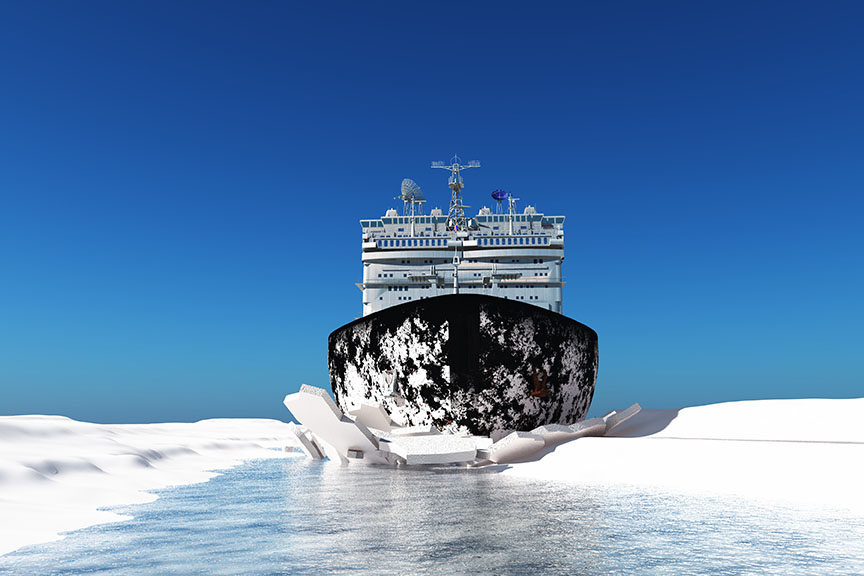
freeze
Definition
Freeze is a phase transition that occurs when a liquid is cooled below its freezing point. The freezing point is the temperature at which the liquid and solid phases of a substance are in equilibrium.
The freezing point of a substance is determined by the intermolecular forces between the molecules of the substance. For example, water has a freezing point of 0 degrees Celsius because the hydrogen bonds between water molecules are strong enough to hold them together in a solid lattice.
When a liquid is cooled below its freezing point, the kinetic energy of the molecules decreases. This means that the molecules move more slowly and have less energy to overcome intermolecular forces. As a result, the molecules start to form a solid lattice and the liquid freezes.
Freezing is a reversible process. When a solid is heated above its melting point, it melts and returns to the liquid phase.
How can the word be used?
The doctor told me to freeze the peas.

Different forms of the word
Noun: freeze, freezes.
Adjective: frozen.
Verb: freeze, froze, frozen, freezing.
Adverb: freezingly.
Etymology
The word "freeze" comes from the Old English word frēosan, which means "to be cold" or "to become hard". The Old English word frēosan is made up of the root frēo, which means "cold", and the suffix -osan, which means "to become".
Question
What does freeze mean?
AQA Science Exam Question and Answer
Question:
Explain the process of freezing and its significance in the study of phase changes in matter. Describe how freezing occurs as a result of heat transfer and the formation of solid crystals. Provide real-life examples of the importance of freezing in preserving food, manufacturing processes, and natural phenomena.
Answer:
Freezing is a phase change in matter where a substance transforms from a liquid to a solid state due to the removal of heat energy. During freezing, the particles within the substance lose energy, slow down, and arrange into an ordered, rigid structure, forming solid crystals.
The process of freezing is significant in understanding phase changes and the behaviour of matter. It plays a crucial role in various aspects of our daily lives. For instance, freezing is utilised in preserving food by slowing down spoilage and microbial growth. In manufacturing, freezing is employed in the production of products like ice cream and frozen vegetables. Natural phenomena, such as the formation of ice on lakes during winter, showcase the effects of freezing on Earth's ecosystems. Overall, understanding freezing is essential in multiple scientific, industrial, and natural contexts, impacting our everyday experiences and the world around us.